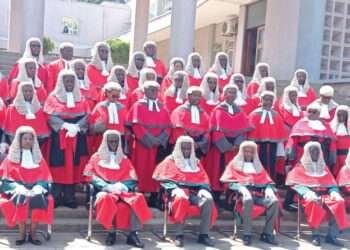The Deputy Minister of Finance, Mr Kwaku Agyeman Kwarteng, has announced that the creation of the Independent Tax Appeals Board (ITAB) is projected to cost GH2.5 million for the first year.
He made this declaration while addressing Parliament during the second reading of the Revenue Administration (Amendment) Bill, 2020. The report of the Bill is an amendment of the Revenue Administration Act, 2016 (Act 915). It seeks to set up an Independent Tax Appeals Board (ITAB) to address pleas presented against tax decisions made by the Commissioner-General. This will allow for the payment of a shortfall in tax liability.
According to Mr. Kwarteng, the measure is expected to lead to the registration or voluntary compliance of about 1,000 taxpayers.
He also highlighted instilling confidence in investors, reducing time spent on litigation for taxpayers and revenue authorities, voluntary compliance on the part of taxpayers among others as some advantages to the amendment of the Bill.

On the other hand, the Member of Parliament (MP) for Kumbungu, Mr Ras Mubarak in a remark emphasized that in granting amnesty to companies, corporation and individuals that breached tax obligations, care needs to be employed and ensured that there were safe guards in the law in order not to excessively abuse the process.
He cited for example that there were many people in the informal sector whose claims were not paying their taxes even though they made a lot of money.
“But if we are not careful, we will see year-in, year-out there are still people violating tax obligation. That is why I want safeguards that if you were to violate your tax obligations and got an amnesty for year one or year two, there should be punishment if the violation of the tax obligation continues, to serve as deterrent for others.”
Read Also: Revenue Administration Bill will reduce the time spent in litigation for both taxpayers and the GRA





















